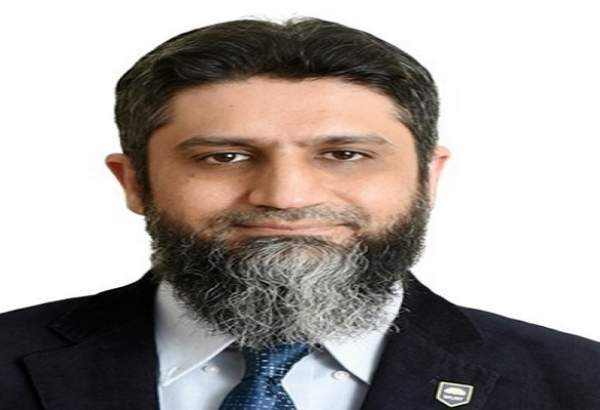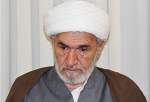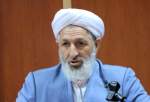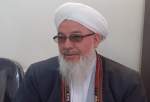The Pro-Rector of Academics at the National University of Sciences and technology (NUST) of Pakistan Osman Hasan says scientific communication between universities in Islamic countries can significantly strengthen these nations by leveraging complementary strengths.
30 Mar 2025
- Normalization of relations with Israel cannot be accepted, Hezbollah chief says
- Israel plans to dismantle refugee camps in Jenin, Tulkarm in occupied West Bank: Report
- Israel officers to displaced Palestinians: ‘Go to Egypt and don’t come back’
- Hamas: ‘Talks with Gaza truce mediators intensified in recent days’
- Houthis report 69 US airstrikes Friday in Yemen, highest single-day total
- Protest in Damascus against Israel’s attacks on Daraa
- Pakistan’s jailed ex-Premier Khan nominated for Nobel Peace Prize
- Myanmar earthquake death toll jumps to 1,000 with over 2,300 injured
- UN humanitarian office says Gaza violence bears 'hallmarks of atrocity crimes'
- Israel strikes building Beirut in latest breach of Lebanon ceasefire deal









